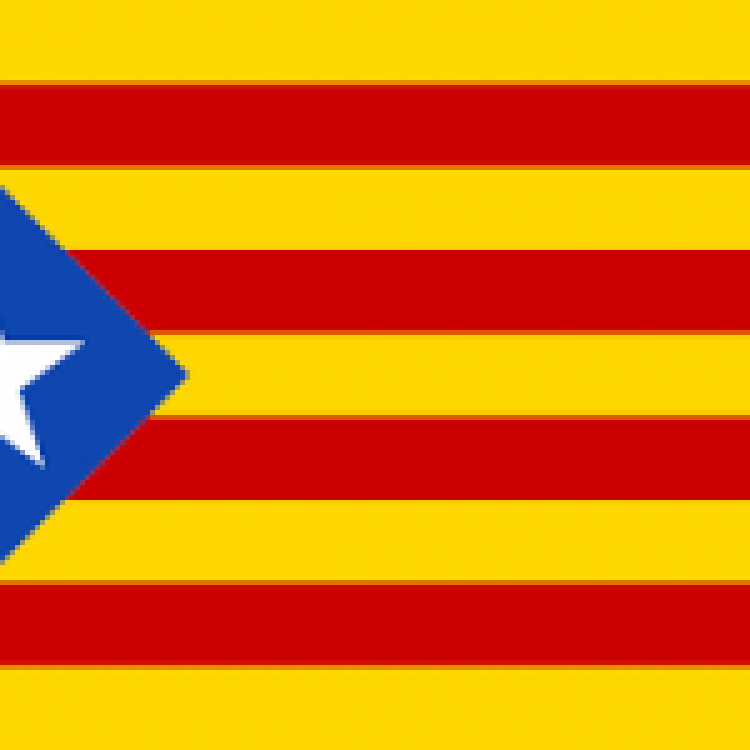<p>Spain's deputy prime minister, Carmen Calvo, met with Catalan’s Vice President Pere Aragones and spokesperson, Elsa Artadi in Madrid on Thursday. </p>
<p>The meeting came a day after the detaining of 13 activists, a separatist mayor, and a journalist on Wednesday for allegedly disrupting a high-speed rail line on October 1, 2018, the anniversary of the independence referendum, which was rejected by Madrid as 'illegal'. </p>
<p>The Catalan government has insisted that these detentions were illegal as they were not court ordered. </p>
<p>Negotiations with Catalan’s leaders was initiated by Pedro Sanchez who took office last June. This was due to a vote of no-confidence in the Conservative government, and that Sanchez enjoys the support of Catalan separatist parties. </p>
<p>Sanchez needs to pass Spain’s draft budget and will likely need Catalan support, as he leads a minority government, having only 84 out of 350 lawmakers.</p>
<p>On December 20, he met with the regional leader Quim Torra in Barcelona where both agreed to “an effective dialogue which will lead to a political proposal which has widespread support among Catalan society".</p>
<p>It is however unlikely that the draft budget will be passed and whilst he has taken a more conciliatory tone towards Catalan there is doubt there will be much progress in terms of Catalan’s desire for self-determination.</p>
We need your support
Sri Lanka is one of the most dangerous places in the world to be a journalist. Tamil journalists are particularly at threat, with at least 41 media workers known to have been killed by the Sri Lankan state or its paramilitaries during and after the armed conflict.
Despite the risks, our team on the ground remain committed to providing detailed and accurate reporting of developments in the Tamil homeland, across the island and around the world, as well as providing expert analysis and insight from the Tamil point of view
We need your support in keeping our journalism going. Support our work today.

